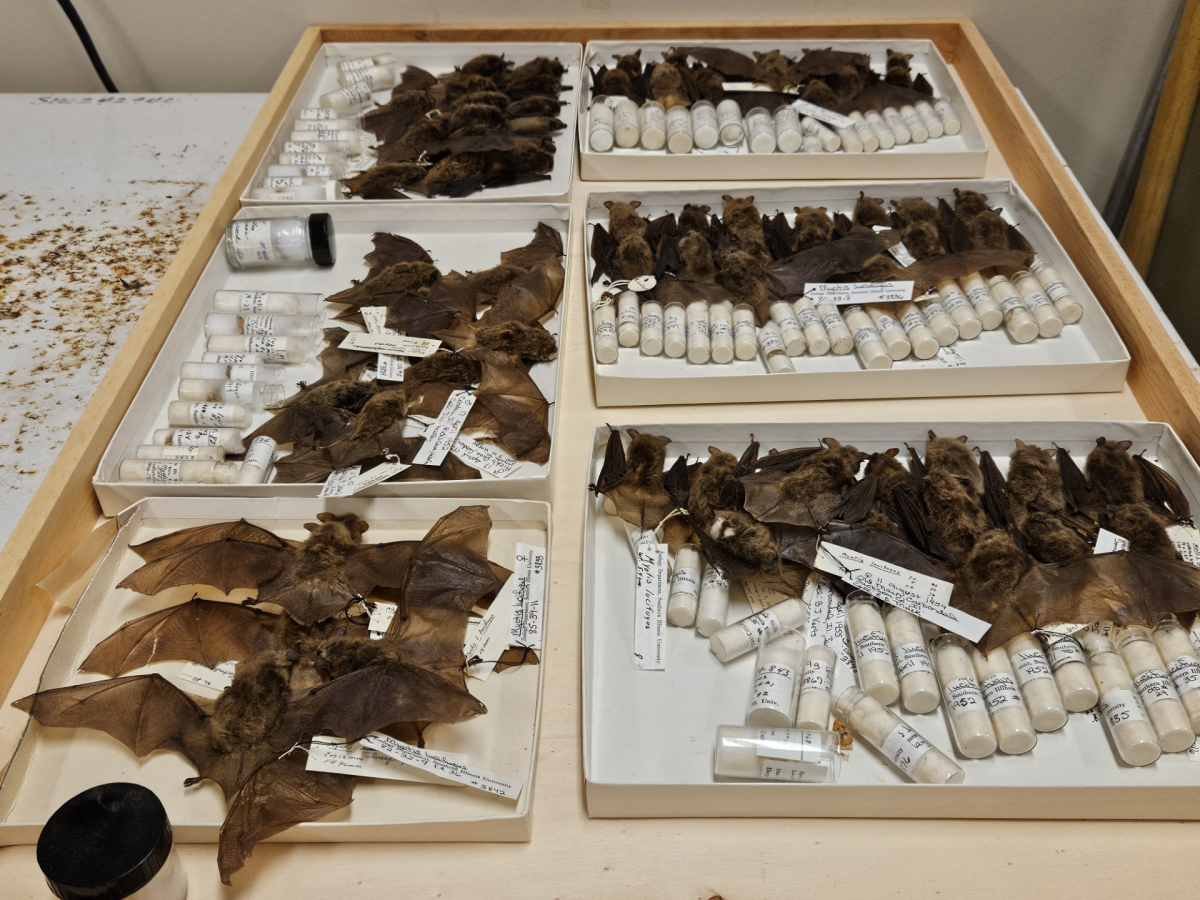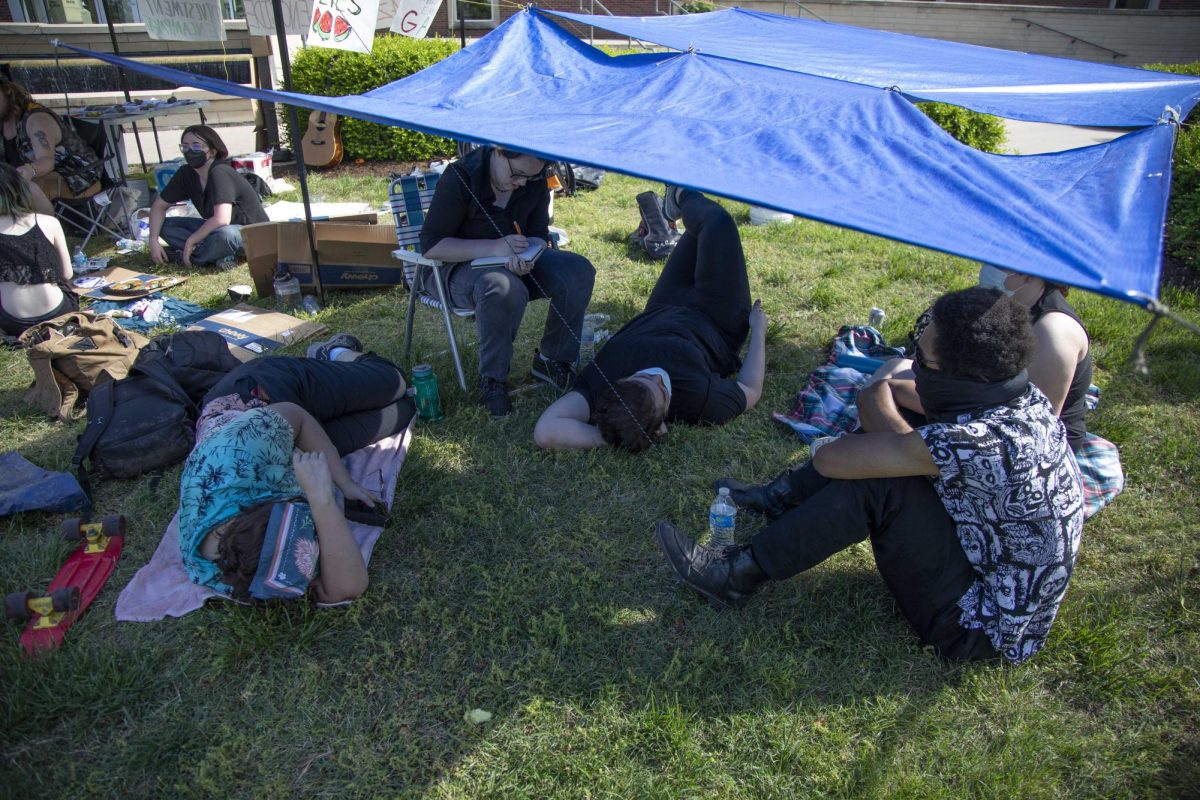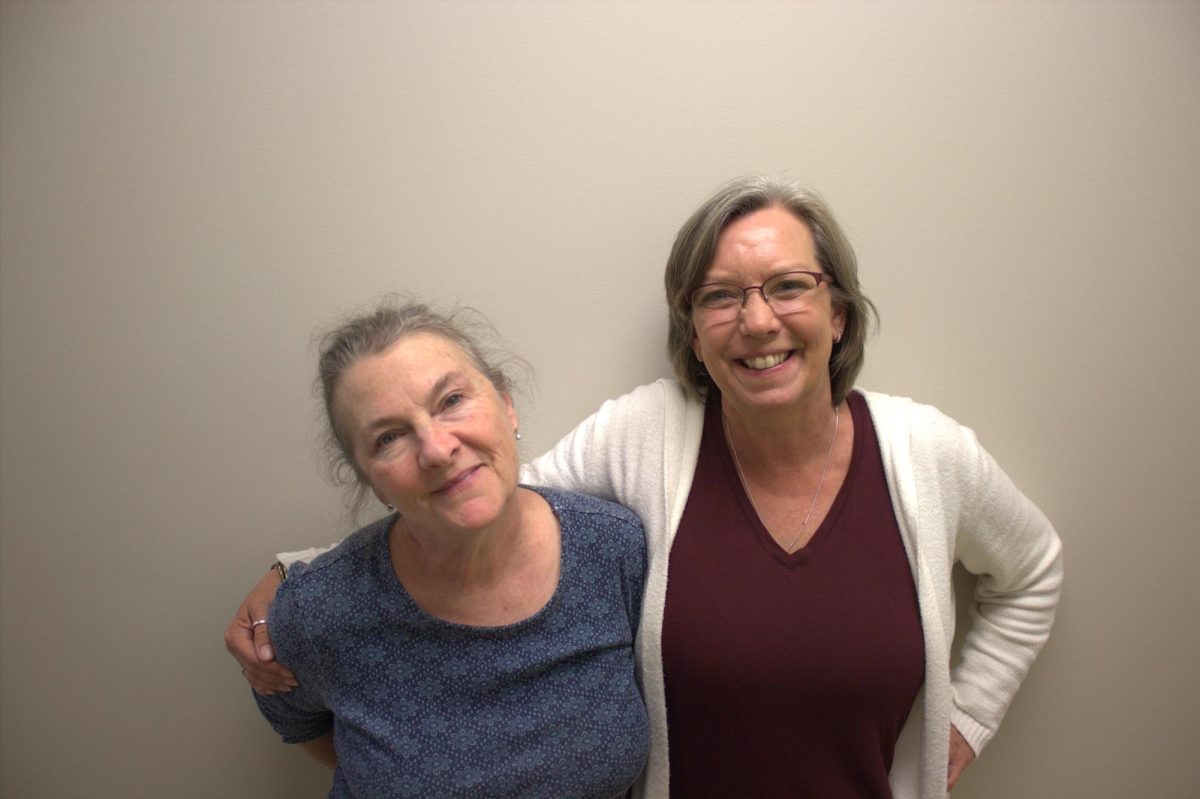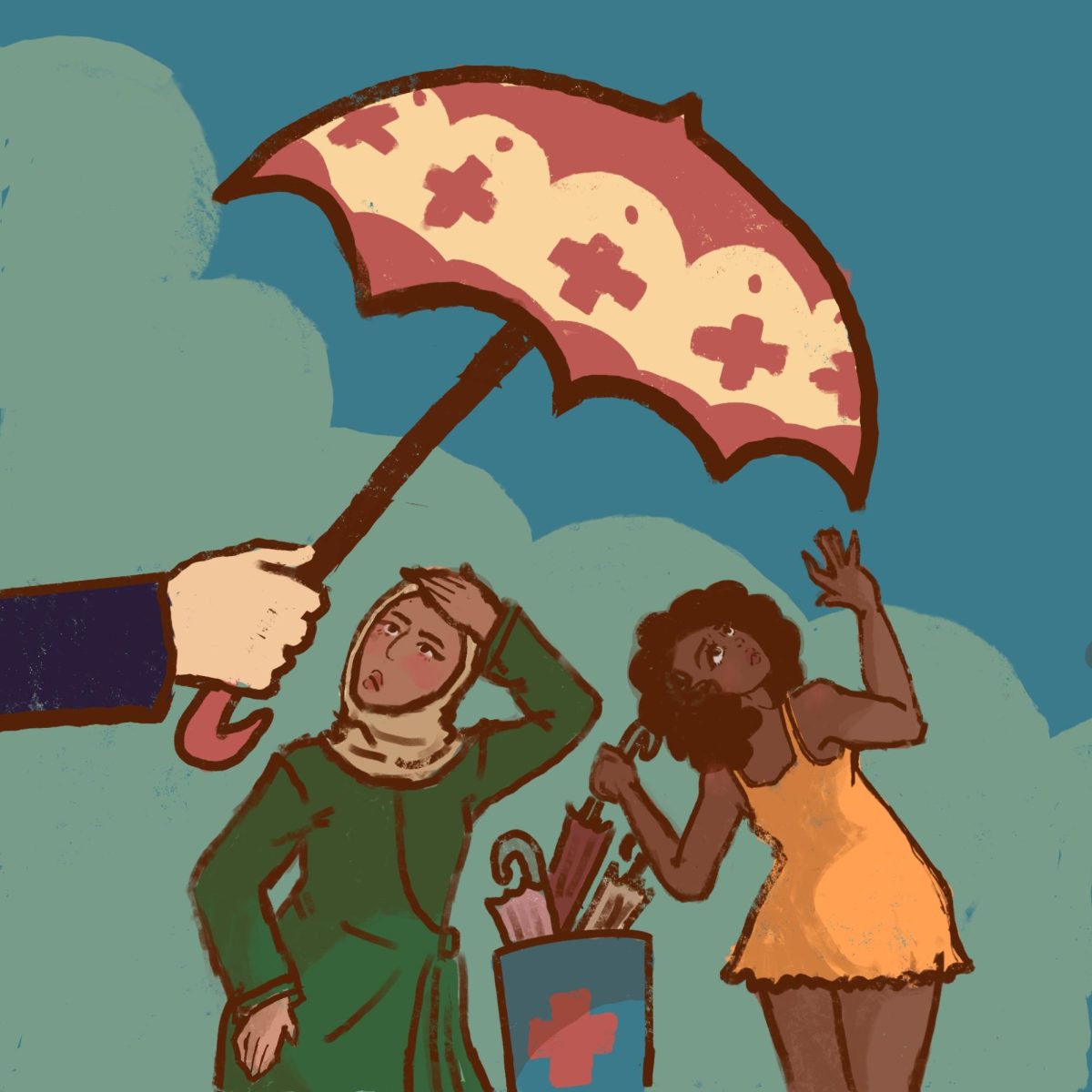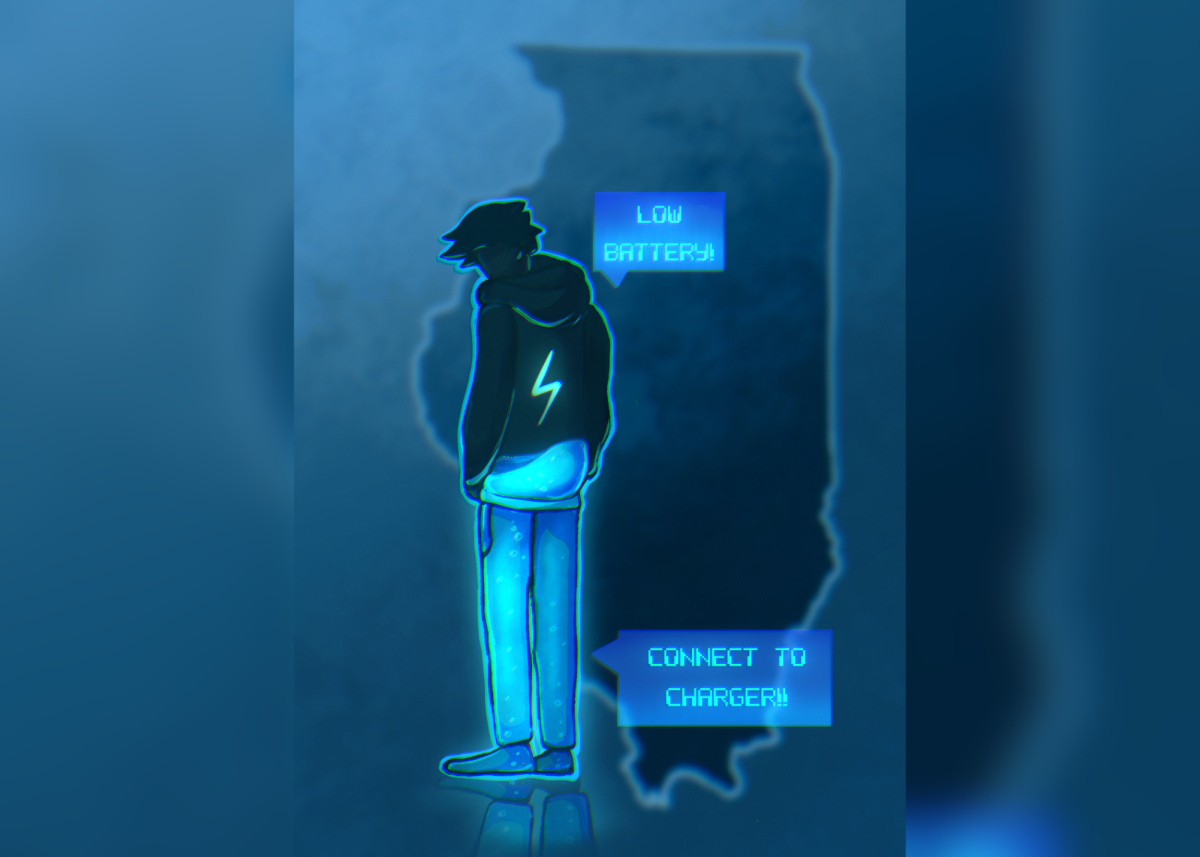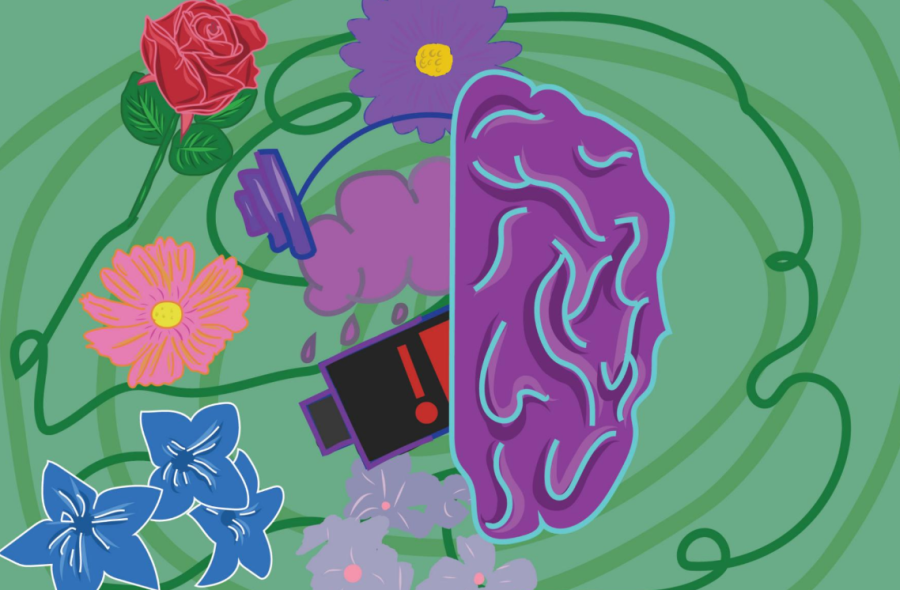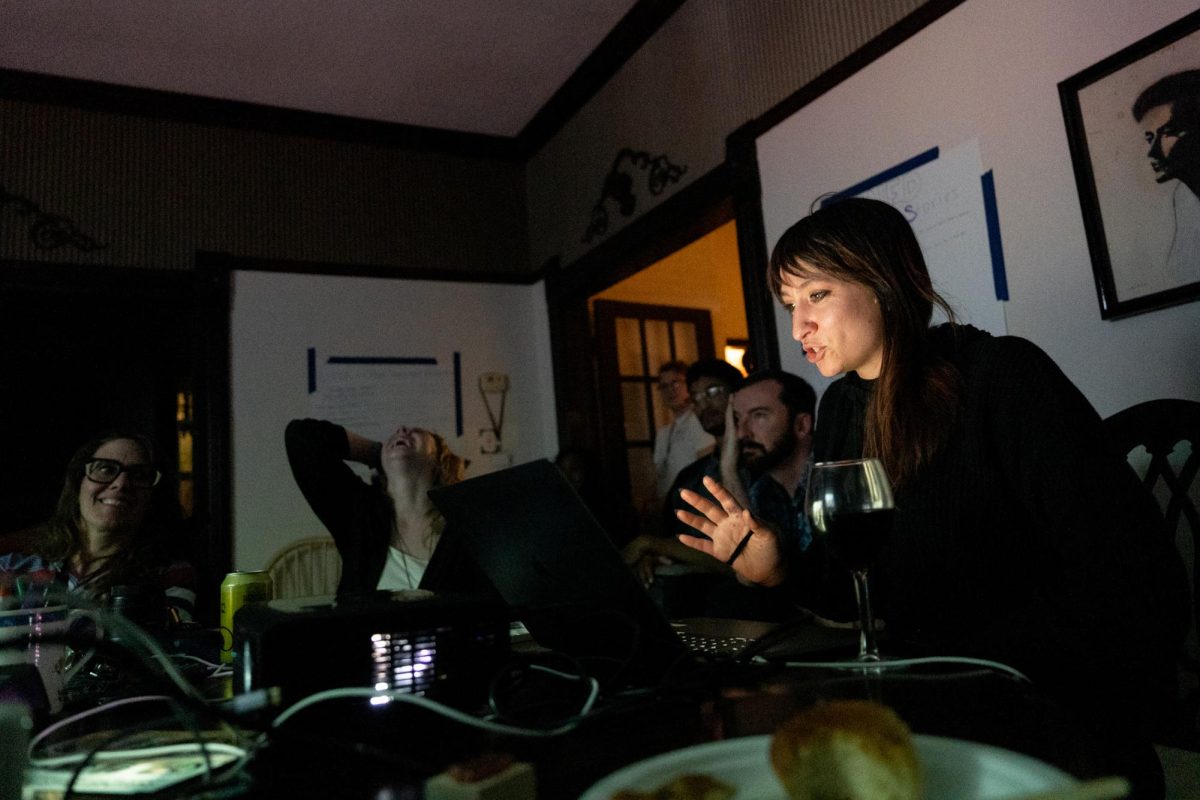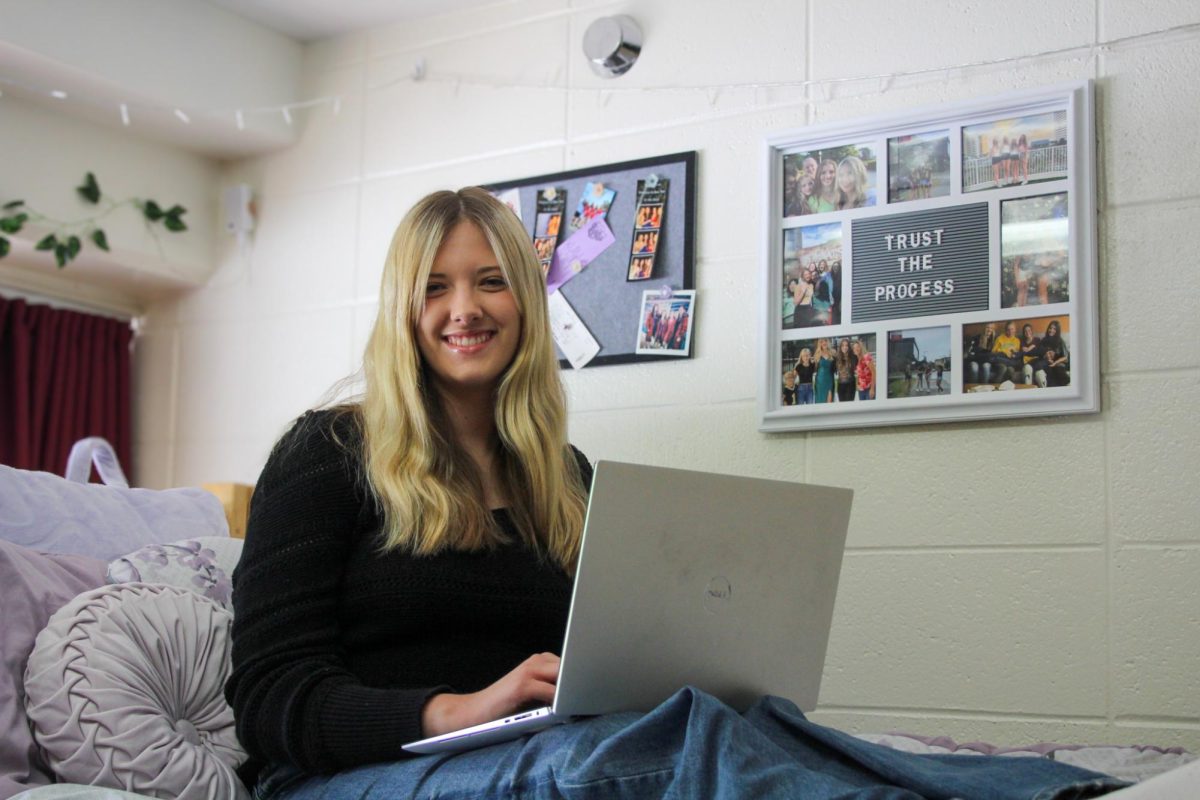SIU’s Counseling and Psychological Services (CAPS) training program is commemorating half a century of providing top-tier training in the field of psychology. Staff members there say CAPS remains steadfast in its commitment to providing support and mentorship to aspiring psychologists, with a legacy built on excellence and innovation.
Marquitta Bowman, assistant director of CAPS and director of training said, “Our training program has been around since 1974 and our internship program was the sixth accredited program under the American Psychological Association…so we’ve been around for a very long time.”
Advertisement
The CAPS training opportunities include both its internship and practicum programs, catering to the diverse needs of graduate students pursuing careers in psychology.
The doctoral internship is primarily focused on providing interns with generalist training to prepare them for practice in diverse applied settings. As part of this comprehensive training, interns can expect to dedicate a portion of their time at CAPS to engaging in training activities aimed at enhancing their professional development.
Bowman said, “As for internships, we basically interview doctoral students all over the US, Canada and Puerto Rico, and we only get six students for those positions. Students from any accredited college can apply for an internship, so they don’t have to be from SIU.”
Advertisement*
Following the application process, interns participate in what they refer to as the “match.”
“It’s almost like what the medical students go through as well. We see who matches with us based on their credentials, interviews, and scores, and that’s who we get,” Bowman said.
The doctoral internship spans a duration of one year, starting on Aug. 1 and concluding on July 31 of the following year.
Bowman said, “The program includes getting references from their previous practicum supervisors. They have to be able to obtain a certain amount of clinical hours, usually, about 400 to 500 is best. They have to do their proposal defense which is the prerequisite to their dissertation and have to be in with that to be within good standing with the APA and their institution.”
Similarly, the practicum training program provides experience specifically for SIU graduate students. The program aims to equip students with the practical skills and knowledge necessary for effective practice in the field of psychology.
MaryKate Freeman, who is the practicum training coordinator, said, “It’s a little different because we only take graduates that are enrolled in graduate programs, so they have to be current students. The application for practicum programs is actually happening right now.”
Applications are accepted through July, and prospective students must undergo an interview process as well. While the number of students able to participate in the internship program is limited, the practicum program accommodates a broader pool of applicants.
“We don’t have a set number, but it’s interesting, because there used to be a counseling psychology program here at SIU, and there were about 22 practicum students, but this year we had six. So it’s drastically different from year to year,” Freeman said.
The program aims to take as many individuals as possible, striving to assign each therapist, including interns, an average of 18 to 20 clients.
Bowman said, “We have seen well over 10,000 clients this year so far. And we suspect that before school is out, we’ll probably be around 12,000 plus.
Increasing the availability of resources and personnel is essential for effectively meeting the diverse needs of clients and ensuring timely access to support and services.
“It gets everyone involved and more people get the help they need, because main CAPS isn’t our only area. We have CAPS at the Multicultural Resource Center, the Law School, Aviation, and University Housing. So we’re everywhere,” Bowman said.
When students complete their clinical hours, they get placed with their own clients. Most universities have a University Counseling Center, but if not, they typically go to other agencies that are looking for students to help assist in seeing clients.
Bowman said, “So you have some students who go and work with people that are doing community mental health, focusing on alcohol and other drugs. Some people go to hospitals because they want to work with severe clinical presentation, and then you have certain students who want to focus more on children and they’ll actually go out to different schools and work with school social workers or school psychologists.”
The clients assigned to students depend on their individual areas of specialization or the availability of cases at the given time.
Freeman said, “When they come to our site, they see students that come to our counseling center.”
Since interns from both programs work on campus with other students, it’s essential to maintain professional boundaries and prevent any potential conflicts of interest. This includes ensuring that practicum students do not treat clients they may have prior relationships with, such as classmates or acquaintances.
“The interns that we get are not students from SIU. So they don’t have clientele they know. But for practicum students, that is the case. They are students here, so we take extra care to make sure that they’re not assigned somebody that they know,” Freeman said.
In instances where there is a conflict of interest, such as when a student is assigned to a client they have a pre-existing relationship with, immediate action is taken to reassign the client. This is done to ensure the comfort and well-being of both the client and the student.
Bowman said, “This applies to individuals in various roles, including resident, graduate, or teaching assistants, as well as members of fraternities or sororities. If they have affiliations with clients, they are encouraged to inform us to prevent any potential conflicts of interest.”
By upholding these standards, CAPS aims to foster a safe and ethical environment for all clients, regardless of their connection to the university community. By navigating these situations, participants develop valuable skills in client confidentiality, trust-building and decision-making. This hands-on experience reinforces their understanding of ethical guidelines and prepares them to navigate similar challenges in their future careers as mental health professionals.
The program continues to redefine the standard of psychological education, Freeman said.
“I think the biggest asset that we can offer is just the emphasis on training,” she said. “A lot of other sites that students can get their hours and they may offer only one hour of supervision. We offer one hour of supervision a week, but we also have group supervision, as well as an hour and a half training seminar that they take part in. So we have different levels of supervision support that we offer them so that they can get experience learning and applying the skills.”
She said the program offers more supervision time because organizers want to make sure it maintains a collaborative approach.
Bowman said, “We really do invest in people’s training and we invest in them. We invest in them in regard to what type of therapists they want to be, whereas in most others some of the supervisors want you to do things their way.”
For doctoral interns, the goal is to receive 500 direct service hours in order for them to be eligible in all 50 states for licensure, and then they have to receive 2000 hours total in order to complete the internship training.
The doctoral interns are also expected to fulfill a minimum of 50 hours dedicated to community intervention or outreach.
Freeman said, “There’s so many opportunities for that here at SIU because of how involved people are in the community.”
While in some states, community intervention or outreach counts as direct service hours, Illinois treats it differently, considering it separate from direct service hours. This distinction reflects the understanding that community outreach is not a daily occurrence but rather a special endeavor aimed at serving the community.
Bowman said, “I really liked that because it definitely shows how much volunteer work people are invested in. A lot of our interns go well over the 50 hours, because they do like doing things and creating outreach programming and we don’t want to mix that in with just your everyday type of therapy. So we’re really excited that we kind of separate that.”
Given the multitude of requirements to fulfill, it’s crucial that interns receive support from staff members. The program operates under an open-door policy beyond scheduled supervision sessions. If participants have a question or concern, they can find any senior staff in turn that has their door open, and they can talk with them.
“As the training director, my goal is to make sure that I am watching their hours very closely. I’m always letting them know every other week or bi-monthly where they are. And if they’re not where they need to be by a certain point, we have a support plan that helps them get to where they need to be so that they can effectively complete their internship,” Bowman said.
If an intern falls behind in their direct service hours, CAPS will reassign their responsibilities to focus on accumulating the necessary hours.
Bowman said, “One of the things that I think that I liked about SIU is that we [she and Freeman] both worked as doctoral interns here, and we stay here because the training is that good and we have a high retention rate of keeping our interns to come on board and do their postdoc hours and then become senior staff.”
Approximately 95 percent of the staff were former interns in a CAPS training program.
“It goes to show you that the training is rich, it’s productive. It’s been effective. It’s been around for 50 years. It shows how rich we are in terms of the services that we provide, I mean, I even tell our clients that if you look around, we want you to know that we are family here,” Bowman said.
She emphasized that all participants receive thorough training within a campus environment, which she believes contributes to their sense of reassurance. She too has been able to find comfort in the comprehensive training provided within this familiar setting.
“When we are interviewing doctoral intern candidates, we let them know we wouldn’t tell you anything that we didn’t go through ourselves…we all did this internship too and we want to invite you to join in on the richness here,” Bowman said.
The training program is committed to fostering a supportive and inclusive environment for all participants.
“Ultimately, we want everyone to understand that how they see themselves as a therapist really matters,” Bowman said.
Visit the Student Health Services website to learn more about the Internship and Practicum Training Programs.
Advertisement






